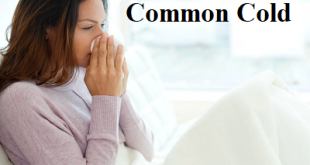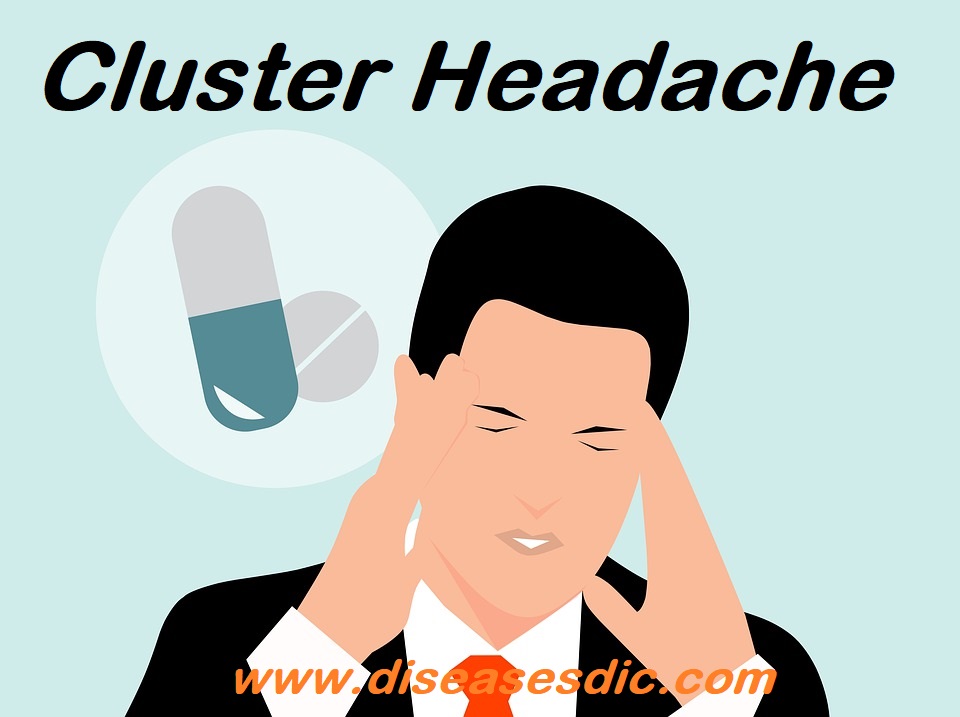Definition Dehydration occurs when your body loses too much fluid. This can happen when you stop drinking water or lose large amounts of fluid through diarrhea, vomiting, sweating, or exercise. Not drinking enough fluids can cause muscle cramps. You may feel faint. Usually your body can reabsorb fluid from your …
Read More »Cachexia – Pathophysiology, Complications, and Treatment.
What is cachexia? Cachexia or wasting syndrome involves a complex change in the body, causing the body to lose weight and muscles. It is a condition characterized by wasting of fat and muscles; cachexia is a complex syndrome that combines weight loss, loss of muscle and fat tissue, anorexia, and …
Read More »Common Cold – Causes, Stages, and Prevention.
What is common cold? The common cold is a viral infection of your nose and throat (upper respiratory tract). It’s usually harmless, although it might not feel that way. Many types of viruses can cause a common cold. Children younger than 6 are at greatest risk of colds, but healthy …
Read More »Hypothermia- Causes, Treatment and Prevention
Definition Hypothermia is a medical condition. It occurs when you are exposed to bitter cold for a long time. Normal body temperature is 98.6°F. You have hypothermia if your body temperature drops below 95°F. Hypothermia also can occur in temperatures above 40°F. This is usually due to a person being …
Read More »Cluster Headache (CH) – Overview, Risk Factors, and Prevention.
Overview – cluster headache (CH) Cluster headaches, which occur in cyclical patterns or cluster periods, are one of the most painful types of headache. A cluster headache commonly awakens you in the middle of the night with intense pain in or around one eye on one side of your head. …
Read More » Diseases Treatments Dictionary This is complete solution to read all diseases treatments Which covers Prevention, Causes, Symptoms, Medical Terms, Drugs, Prescription, Natural Remedies with cures and Treatments. Most of the common diseases were listed in names, split with categories.
Diseases Treatments Dictionary This is complete solution to read all diseases treatments Which covers Prevention, Causes, Symptoms, Medical Terms, Drugs, Prescription, Natural Remedies with cures and Treatments. Most of the common diseases were listed in names, split with categories.





